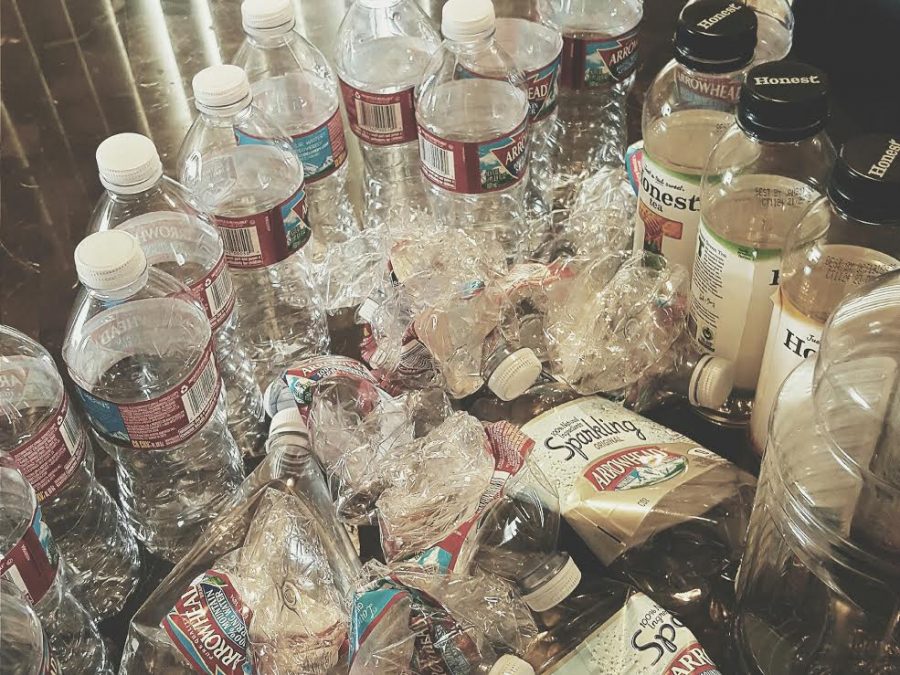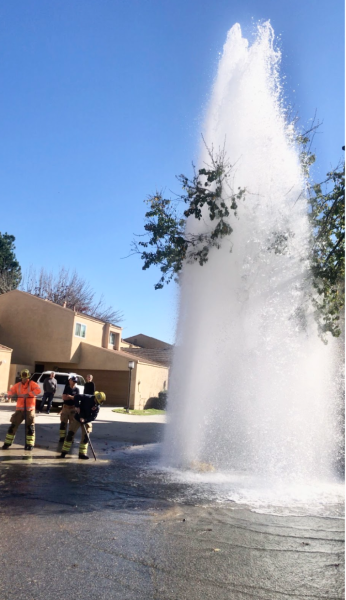Bioremediation: The Solution to Plastic Pollution?
May 11, 2016
Have you ever thought about how much trash you generate every day? Including paper, food waste, miscellaneous materials, and much more, the average person in the United States generates 4.4 pounds of solid waste per day, which means the United States produces approximately 230 million tons of solid waste each year! As the world’s population increases, there are rising concerns about growing environmental problems associated with anthropogenic pollution.
Among many scientists and environmental associates who have been working hard to find innovative solutions to pollution, a team of Japanese scientists at Kyoto University has found a species of bacteria, Ideonella sakaiensis, which can break down and metabolize plastic. These newly discovered plastic-eating bacteria could live on a common type of plastic used in clothing and bottles also known as polyethylene terephthalate or PET for short.
“As a student in AP Environmental Science class, I strongly believe in the protection of the environment,” said Tiffany Trisno (11), “I am so glad to hear that plastic-eating bacteria have been discovered.”
Discovery of plastic-eating bacteria has initiated a whole new approach to the process of recycling plastic and environmental contamination control. As of right now, most plastic materials are not truly recycled instead they are melted or remolded into other plastic products. Also, many plastics are not rapidly biodegradable compared to other waste products. Nevertheless, these plastic-eating bacteria are likely to provide a method of true plastic recycling. Although more laboratory experiments and observations have to be done regarding Ideonella sakaiensis, many scientists and environmental associates believe that these plastic-eating microbes have the key to end landfills and fix the world’s pollution problem.
We may not notice, but the environment is degrading day by day. Because we have been continuing to pollute and exploit the Earth to selfishly satisfy our desires, our environment has been destroyed. It is very important to take our environmental responsibilities seriously and preserve and conserve the environment for us and future generations. Hopefully, technology and innovation will continue to progress to help us find ways to clean up the environmental mess we have made.
You want to help, but you don’t know how to help save the environment? Don’t worry!
Here are some ways to reduce solid waste:
1. Purchase items that are made from recycled products
2. Instead of plastic bags, use cloth bags to carry groceries
3. If possible, try to reuse items rather than throwing them away
4. If necessary, buy in bulk
5. Donate items to charity or second stores rather than throwing them away.
All research credited to learner.org and phys.org.




















